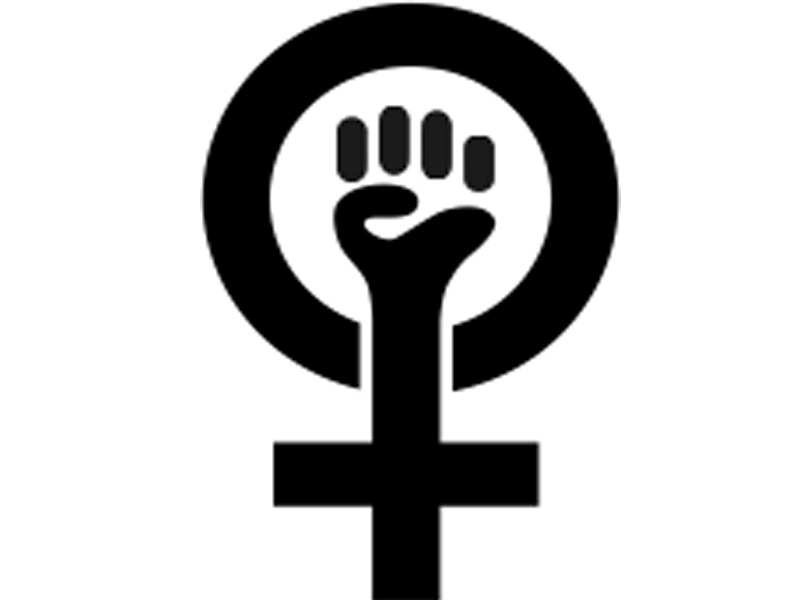Feminism – Advocacy of women’s rights for equality of sexes, organized activity by women or on behalf of women.
Liberal Feminism
- Women are rational
- Women have equal rights as men do
- Women integration in public domain – economy, school, decision making, law
- Reformist (both criticism and applaud) | Women as contributors of economy
Criticism – No acknowledgement of intersectionality, no weightage changing the social structure.
Marxist Feminism
- Emphasis on labour power
- Development of private property
- Espouses that capitalism exploits women by creating two masters – the household and in the public sphere
- Women were relegated to private sphere which devalued women’s work
- Women reproductive work contributes to capitalism – women produce children who go to work in factories
- Women as source of cheap labour
- Support wages for house work
- collectivization of reproductive work
Criticism – No acknowledgement of intersectionality, no weightage changing the social structure, focus on class and not so much on gender, sex and sexuality, no acknowledgment on psychological and cultural dimension of revolution
Cultural Feminism
Assessment of femaleness. Innate differences between a man body and a female body. Validate feminine attributes that have been systematically undervalued within a patriarchal society – off-shoot of radical feminism.
Criticism – essentialism, retreat from the public sphere towards a preoccupation with purely lifestyle issues.
Socialist Feminism
- Borrow from Marxist, class feminism and radical feminist – patriarchy – subordination of women
- Interconnected nature of patriarchy and capitalism. Time and Geography decide – domination. Focus on social relations – economic and cultural and not just class and patriarchy in isolation. Intra-household relationships – in the families. Relationship between men and women and power dynamics in the family. Presence of intersectionality.
Criticism – lack of racial equity
Radical Feminism
Seeded in Patriarchy. Social domination of women by men. Skeptical of political action and focus on cultural change. Hate patriarchy but not men. Dismantle patriarchy rather than adjusting the system through legal changes. Radical feminists also resist reducing oppression to an economic or class issue, as socialist or Marxist feminism. Reproductive rights, breaking through gender roles, regarding pornography and prostitution as oppression, criticism against motherhood, marriage, institutions, government.
Criticism – Opposition for transgender liberation movement, anti- pornography work, division of the world into men and women, disregarding intersectionality, espouse gender assigned at birth, silent on racism.
Eco – Feminism
Patriarchy as a source of not only women’s oppression but also being harmful to humanity and destructive of all living creatures and the earth itself. Spiritual outlook – feminist movement linked to political, economic, social and cultural factors that benefit all living creatures and Mother Nature herself.
Criticism – Ignores gender inequalities and looks at universalism as the source.
Global Feminism
Recognizes inequalities across different groups of women and the importance of intersectionality as a way to understand and engage difference. Comprehensive approaches that integrate multiple issues and movements.
Criticism – Makes feminism a handmaiden of neo liberalism.
Post Structuralist Feminism
Discursive nature of all identities. No universal category of man or woman. Looks at psychoanalysis of gender identities. Critiques ‘normal’ and challenges norms.
Criticism – Rejects human nature of female.
Neo Liberal Feminism
Convert structural gender inequality into individual inequality. Self-improvement considered as the key to fight patriarchy. Economic metrics to calculate feminist movement.
Criticism – Creates radicalized classes within the feminist movement, legitimization of hierarchal relationships. Concern with self-more than the society.
Post Modern Feminism
Reject essentialism, philosophy, and universal truths in favor of embracing the differences that exist amongst women to demonstrate that not all women are the same. Analyze any notions that have led to gender inequality in society. Address dichotomy of interpretation and language.
Criticism – Abandonment of the feminist barometer causes precluding political liberation.
Individualist Feminism
Focuses on I – Individual. Root in Liberal Feminism.
Criticism – Promotes hegemony, essentialism and disregards the feminist movement of challenging social strictures and power dominance.


Superb quality